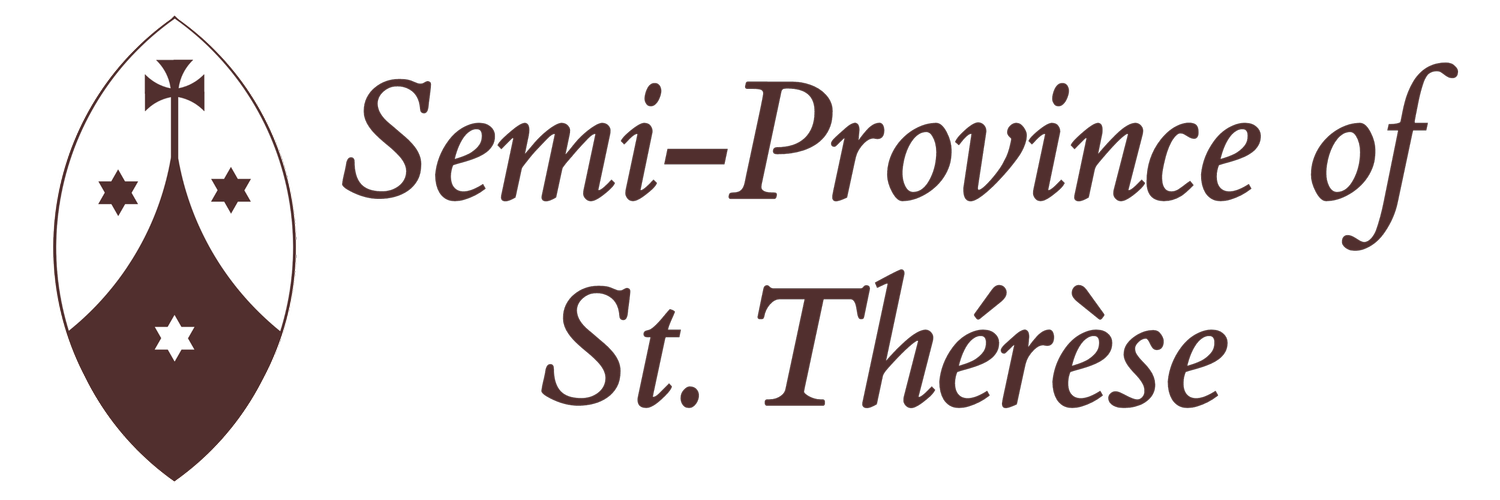God’s Mercy and Beauty
Article by Fr. Bonaventure Sauer, OCD
It is important to remember that beauty is not an attribute that simply adheres to or belongs to a thing—be it a natural object or scene, or a person, or a work of art. Beauty, rather, is a moment of revelation. We grasp it, it grasps us. It is born of an interplay between our interior awareness and this something or someone, which interplay ends up bestowing on us a sense of wonder or grandeur, or a glimpse of perfection after its kind, or a moment of simple loveliness.
Beauty isn't a thing, then. Rather, it happens. It is an event, a movement of the soul. In this sense it is similar to mercy. And, in fact, the inner feeling we may have in moments of beauty and in moments of mercy, either given or received, may seem pretty much the same. You might even say that what impels us to act mercifully towards another is the sight of the beauty that is there in the person deeper and more abidingly present than whatever sin or sorrow or grief or pain or suffering or deformity or strangeness or, in a word, ugliness might otherwise cling to them.
Let me quote two lines from the poem, "At Sunset," by Jessica Powers:
Color and light possess me. I am one
with stars and moonlight and the dying sun.
Photo by Derek Mack on Unsplash
Here, it seems to me, is where an experience of natural beauty, in whatever form it may take—as, in this case, in the experience of a sunset—can become an experience of God's mercy. It's as if for a brief moment of great natural beauty I come to see myself as God sees me, embedded within the whole scope and sweep of creation.
I am myself, yes, but I am myself as inseparably part of the whole as the whole seems to fill me and possess me. On the one hand, I am part of this wondrous creation, so full of spiritual vitality, so radiant with beauty. Yet, on the other hand, while sewn inextricably into the vast fabric of creation, I am still uniquely myself—a unique soul, "a beautiful gold bird," to quote the same poem by Jessica Powers.
Now for a time the soul is visible, luminous wings lift out on either side and I am faint who house this beautiful gold bird; my clouds of thought are glorified. God looked on creation and said, "It is good," meaning, in part, "It is beautiful." But God also looked at me directly, singly—at my soul, my unique self before him—and said, "You are good, uniquely good, and you are beautiful beyond compare."
To behold these two truths at once—of the beauty of creation and of my being, strangely, part of it, caught up in it—is an experience of divine mercy that can pretty much overwhelm us.
That God chose to create anything at all is mysterious and wondrous enough as it is. But that, within this choice, God chose to create me, who might just as well have never been, what is there to do about that but tremble?

